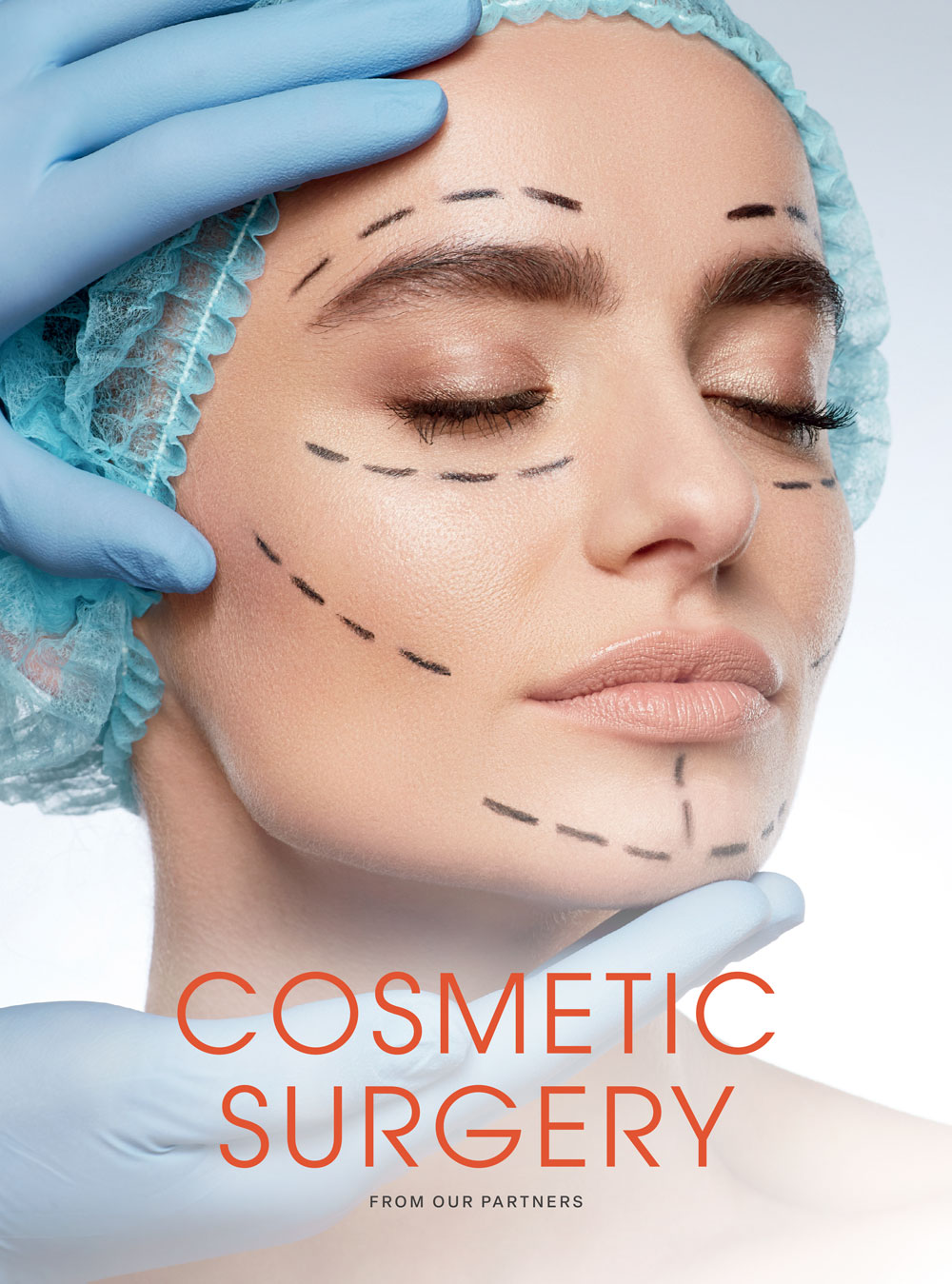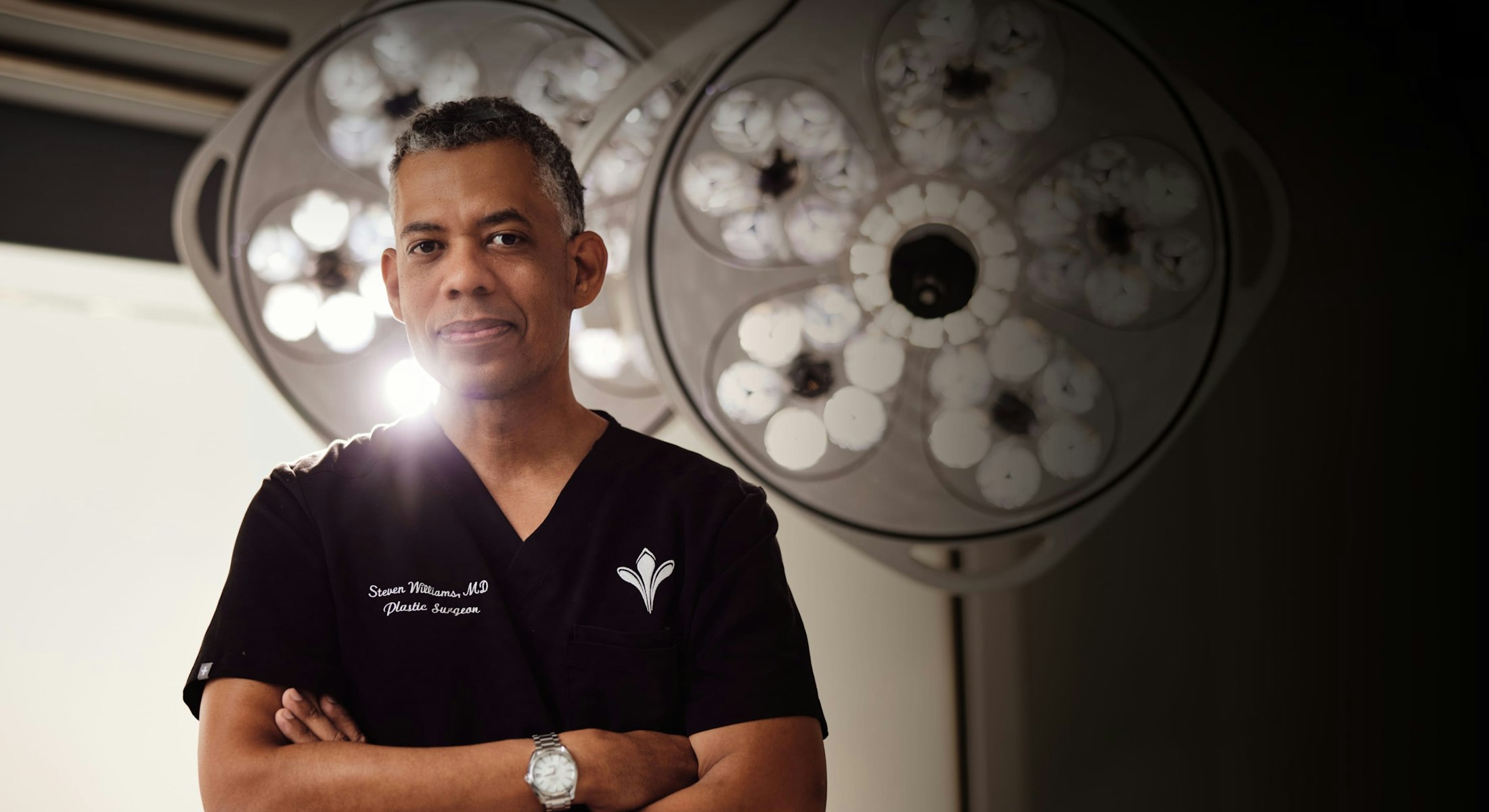Exploring the Psychological and Social Factors That Drive Individuals to Take Into Consideration Cosmetic Surgical Treatment as a Way of Renovation
The choice to pursue cosmetic surgical treatment frequently prolongs beyond mere appearances, intertwining with emotional and social dynamics that warrant complete exam. Variables such as self-confidence, pervasive social elegance requirements, and the pervasive impact of social media assemble to shape private inspirations for surgical improvement.
The Duty of Self-Esteem
Self-worth considerably influences a person's choice to go after cosmetic surgery. Individuals with reduced self-confidence typically perceive themselves in an adverse light, leading to feelings of inadequacy concerning their physical appearance.

Eventually, the function of self-worth in the decision-making process concerning plastic surgery highlights the intricate interplay between body photo, personal satisfaction, and psychological health. Understanding this relationship is essential for healthcare experts to make certain that clients are making educated choices rooted in realistic assumptions and psychological wellness.
Social Beauty Standards
Influenced by pervasive media portrayals and social narratives, societal beauty criteria play an essential function in shaping people' understandings of their own bodies. These requirements are typically defined by an idyllic type of appeal that highlights qualities such as symmetry, youthful vigor, and slimness. As these perfects are continued through various networks, including television, marketing, and film, individuals often internalize these messages, causing dissatisfaction with their natural appearance.
The ramifications of these societal norms expand beyond visual preferences; they can impact self-worth, mental wellness, and interpersonal connections. People that regard themselves as disappointing these standards may experience feelings of inadequacy, triggering a wish for cosmetic surgery as a way of attaining societal approval. This pursuit is typically sustained by the idea that adjusting to these ideals will certainly enhance not only physical look but also social standing and individual fulfillment.

Impact of Social Network
The impact of societal charm standards is further enhanced by the surge of social networks systems, where curated pictures and idealized representations of appeal are common. Individuals are constantly revealed to filteringed system and edited photographs, which usually depict unattainable physical characteristics. This direct exposure grows a culture of comparison, leading individuals to assess their very own appearance versus these usually impractical standards.
Social media influencers and celebrities frequently advertise cosmetic procedures, stabilizing the notion that surgical improvements are a feasible means for achieving social ideals (plastic surgery rancho cucamonga). The presence of these enhancements can produce a perception that undergoing cosmetic surgery is a common practice, thereby affecting individuals to consider comparable interventions as a path to boosted self-confidence and social approval
Additionally, the interactive nature of social networks permits prompt feedback via sort and comments, even more reinforcing the need to satisfy preferred elegance criteria. Such communications can exacerbate sensations of inadequacy and drive individuals toward cosmetic surgical procedure as a method of acquiring validation. Inevitably, social media plays an essential function in forming perceptions of appeal, which considerably influences the decision-making procedures bordering plastic surgery.

Social Viewpoints on Look
Throughout different societies, understandings of appearance are deeply rooted in historical, social, and economic contexts, forming individuals' views on charm and desirability. In many cultures, appearance works as a substantial pen of identity, affecting social status, professional possibilities, and personal partnerships. For instance, in some cultures, light skin is commonly associated with riches and advantage, while others may idealize darker complexion as symbols of stamina and credibility.
Additionally, standard appeal standards are frequently perpetuated via social narratives, media depictions, and household influences, bring about differing ideals throughout different regions (plastic surgery rancho cucamonga). In Western cultures, the focus on youth and physical health and fitness often drives individuals toward cosmetic enhancement, while in specific Eastern cultures, more subtle modifications lined up with traditional appearances may be preferred
Globalization and the expansion of digital media have better complicated these characteristics, creating a hybridization of charm perfects that goes beyond geographical borders. As people significantly official website browse these cultural narratives, the stress to adapt to certain appearance criteria can lead to the need for plastic surgery, mirroring a complex interaction of social values and individual ambitions. Comprehending these cultural perspectives is crucial in dealing with the motivations behind plastic surgery factors to consider.
Psychological Influences of Plastic Surgery
Many individuals seeking cosmetic surgical treatment record experiencing extensive psychological influences that can dramatically change their self-perception and emotional health - plastic surgery rancho cucamonga. The need for physical improvement typically comes from underlying issues such as low self-confidence, body dysmorphic condition, or social stress pertaining to elegance standards. For some, the prompt post-operative phase can result in a temporary increase in self-esteem and complete satisfaction with their appearance, promoting a feeling of empowerment
However, these favorable feelings may not be enduring. Study indicates that while some clients experience boosted self-worth, others might deal with intense anxiety or clinical depression if their expectations continue reading this are not met. This disparity can arise from impractical suitables perpetuated by media depiction and cultural stories surrounding beauty.
Furthermore, the mental implications of plastic surgery prolong beyond the person. Relationships with household and close friends might be strained as social characteristics change, causing sensations of isolation or alienation. Eventually, the emotional effects of plastic surgery are complex and complex, needing mindful consideration by both potential patients and health care companies to ensure educated decision-making and realistic assumptions.
Verdict
To conclude, the choice to seek plastic surgery is dramatically affected by a combination of self-confidence problems, societal beauty standards, and cultural viewpoints on look. The pervasive reach of social networks even more worsens these stress, promoting impractical suitables that people typically make every effort to attain. Understanding these social and mental variables is essential for attending to the motivations behind cosmetic surgical treatment, highlighting the demand for a much more nuanced discussion surrounding appeal and self-acceptance in modern culture.
The choice to pursue cosmetic surgical treatment frequently expands beyond simple aesthetic appeals, linking with psychological and social dynamics that warrant detailed examination. Inevitably, social media plays a critical role in shaping assumptions of appeal, which considerably affects the decision-making procedures surrounding cosmetic surgical procedure.
As people progressively navigate these social narratives, the stress to adjust to certain appearance standards can lead to the need for cosmetic surgical investigate this site treatment, showing a complicated interaction of individual goals and cultural worths.In final thought, the decision to pursue cosmetic surgical procedure is significantly influenced by a combination of self-esteem issues, social appeal standards, and social point of views on appearance. Comprehending these psychological and social variables is vital for attending to the inspirations behind cosmetic surgical procedure, highlighting the demand for a much more nuanced discussion bordering elegance and self-acceptance in contemporary culture.